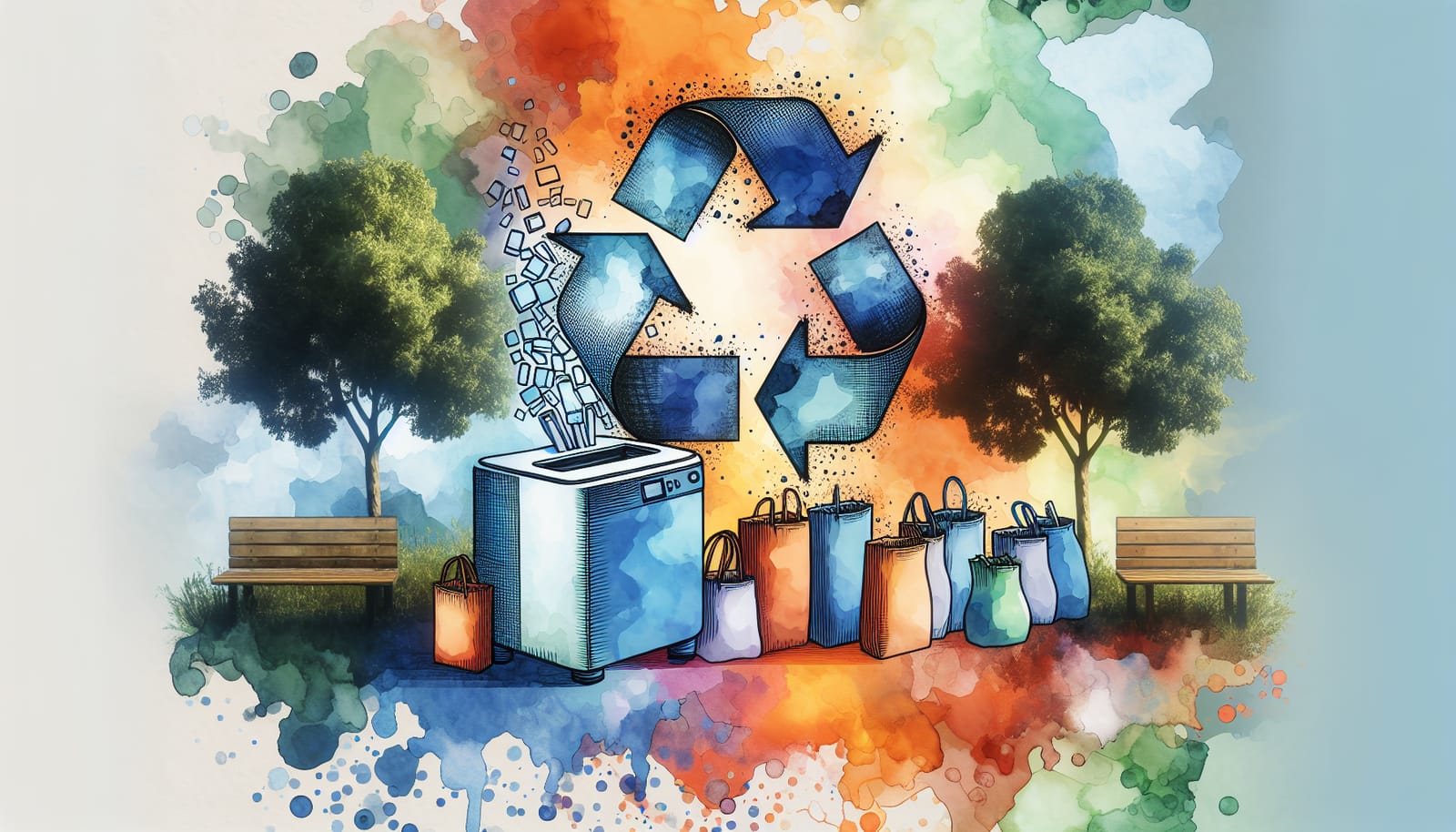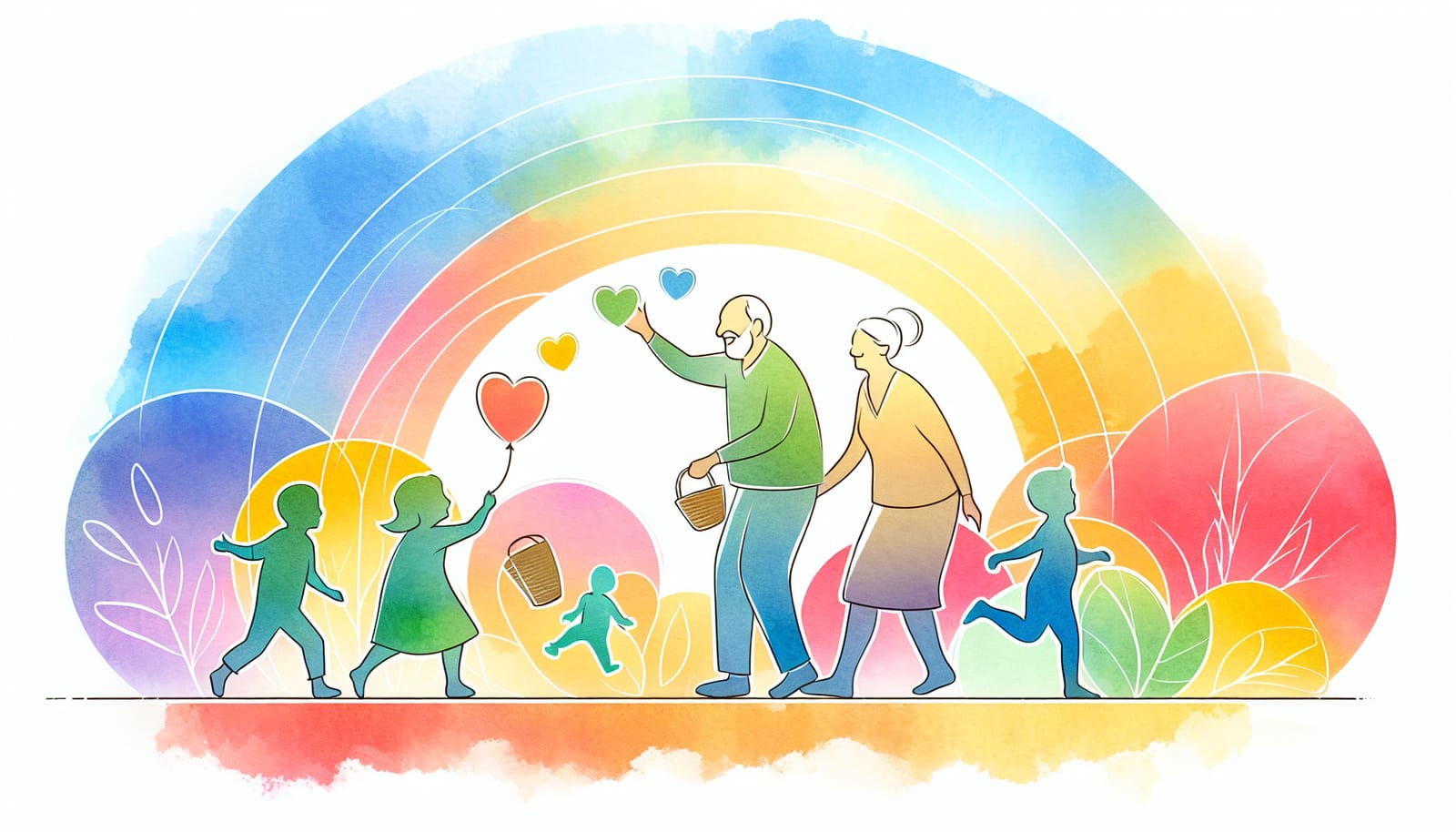Recycling soft plastics can be a delightful challenge for even the most environmentally conscious among us. Those everyday items like grocery bags, Ziplocs, bubble wraps, food wrappers, and cling wraps are often too difficult to recycle, yet we hesitate to throw them away.
The popularity of these soft plastics is understandable. They are lightweight, flexible, and economical, making them a staple in our daily packaging. However, their recycling poses a unique problem; they often slip through sorting systems, clog machinery, and are frequently rejected by recycling facilities.
This very challenge inspired Texas engineer Ivan Arbouzov to create Clear Drop, a pioneering startup that aims to revolutionize how we manage household waste. The company has introduced a remarkable innovation: the Soft Plastic Compactor (SPC). While it may resemble a sleek stainless steel trash can, this device is specifically designed to transform soft plastics into compact, easy-to-recycle blocks.
Here’s how it works: at home, you simply fill the SPC with your everyday soft plastics—think grocery bags, wrappers, and mailers. Once full, the SPC employs heat and pressure to compress the materials into a neat block about the size of a shoebox. As Arbouzov explains, “The plastic is compacted and then slightly heated, using its own packaging properties to bind it into a dense block that won’t fall apart.”
Each block comes with a prepaid shipping label, allowing you to mail it directly to a verified recycling partner, such as Frankfort Plastics, Inc. in Indiana. There, the materials are shredded and transformed into reusable raw materials, which can be repurposed into items like park benches, decking, and waste containers.
Arbouzov emphasizes the significance of this initiative: “Nothing is landfilled or incinerated, not only for environmental reasons but because there’s real economic value in these compacted materials.” Plus, the entire process supports local U.S. recycling efforts.
The concept behind the SPC is what Arbouzov refers to as “pre-recycling.” This innovative approach prepares recyclables for proper processing, ensuring they don’t end up in landfills. As he puts it, “It’s the missing link between household waste and industry that makes sure what’s collected truly gets processed.”
David Nix, a recycling expert and professor at the University of Pittsburgh, notes that the existing U.S. recycling system struggles with soft, flexible plastics, which often jam machinery. By compacting these materials, Clear Drop’s SPC makes them manageable for recycling facilities.
The SPC addresses the challenges of collecting and transporting soft plastics, which can easily be lost or blown away due to their lightweight nature. Arbouzov points out, “We realized that the film must be compacted.” The SPC not only consolidates these materials but also reduces the amount of air being shipped, leading to fewer trips, lower emissions, and a more efficient recycling process.
Imagine the positive impact: if just 1% of U.S. households adopted this device, it could prevent nearly 300,000 tons of soft plastic—equivalent to about 7.2 billion grocery bags—from ending up in landfills, oceans, and our food chain. “Beyond numbers, pre-recycling changes how people think about waste,” Arbouzov shares. “It transforms recycling from something distant and confusing into a daily act of awareness.”
Using the SPC is designed to be incredibly convenient. While some environmentally conscious individuals may already be collecting soft plastics for specialized recycling, the SPC compresses waste approximately ten times more efficiently than traditional methods and can store about a month's worth of materials at once.
With its system of verified recycling partners, every block created is returned to the production cycle, rather than simply being stored. The SPC operates quietly and efficiently, with a monthly electricity cost comparable to just $0.52 for an average household.
For a one-time investment of $200 and a monthly subscription of $50—which covers the cost of recycling pickup and includes a two-year warranty—users can receive three prepaid mailers per quarter, allowing for easy recycling of one block each month.
Though the initial cost might seem significant, Arbouzov highlights the pressing issue of plastic pollution: “Soft plastic is like sand through fingers. The only way to catch it is to stop pretending it’s someone else’s job.”
Clear Drop’s innovative approach to soft plastic recycling not only makes a significant environmental impact but also empowers individuals to embrace their role in creating a sustainable future.


